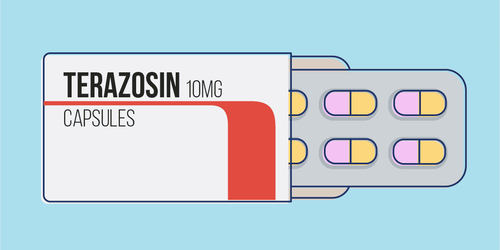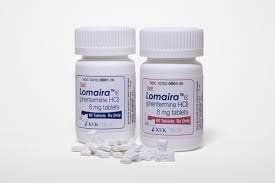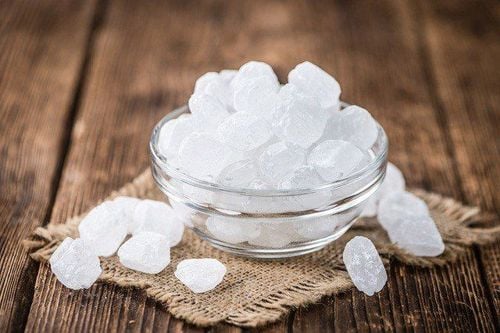This is an automatically translated article.
During the past decade, consumers around the world have been particularly concerned about refined sugar products and the negative aspects of this sugar on human health. Refined sugar intake is directly linked to conditions like obesity, type 2 diabetes, and heart disease. However, this type of product is found in many foods, making it especially difficult for consumers to avoid.
1. Production Process
Natural sugars are found in many foods, including fruits, vegetables, dairy, whole grains, and even nuts. This natural sugar can be extracted to produce refined sugar which is very popular in food processing. Cane sugar and high-fructose corn syrup (HFCS) are two common examples of refined sugars.
1.1 Sand road
Cane sugar, also known as sucrose, is usually extracted from sugar cane or sugar beets.
The production process begins with washing sugar cane or beets, slicing them and soaking them in hot water, allowing the ingredients to extract the available sugar. This sugar water is then filtered into a syrup and further processed into sugar crystals by cleaning, drying, cooling and packaging into a marketed product.
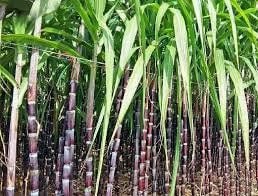
Quy trình sản xuất đường từ cây mía
1.2 Corn Syrup (HFCS)
High-fructose corn syrup (HFCS) is a type of refined sugar. Corn is first milled to make corn starch and then further processed to make corn syrup. Enzymes are then added during the manufacturing process, which increases the fructose content, which turns into a richly sweet corn syrup.
The most common is HFCS 55, which contains 55% fructose and 42% glucose - another type of sugar. This fructose ratio is similar to granulated sugar.
These refined sugars are often used to add flavor to foods but can also act as a preservative in jams and jellies or help foods like pickles and bread ferment. This type of sugar is also often used in large quantities to make desserts such as soft drinks and cakes.
2. Negative health effects
Sugars such as granulated sugar and HFCS are added to various foods, including many that the user does not suspect to contain sugar. As a result, refined sugar can be in the diet of many people and become the cause of a variety of adverse health effects.
Consumption of large amounts of refined sugar, especially in the form of sugary drinks, is directly linked to obesity and excess belly fat, which in turn causes diabetes and heart disease. In particular, foods rich in HFCS can cause the body to develop resistance to leptin, a hormone that signals the body when to eat and when to stop. This may partly explain the link between refined sugar consumption and obesity.
In addition, many studies have shown that a diet high in refined sugar is often associated with a higher risk of heart disease, type 2 diabetes, depression, dementia, liver disease and certain types of cancer

Ăn quá nhiều đường tinh luyện có thể gây béo phì
3. Refined and natural sugar
For some reason, refined sugar is often thought to be more harmful to health than natural sugar.
Foods that contain a lot of refined sugar are also often products that have undergone a lot of processing. Refined sugar is often added to foods and beverages to improve taste. This type of sugar is considered empty calories because refined sugar contains no vitamins, minerals, protein, fat, fiber or other nutritional compounds.
Furthermore, refined sugar is often added to packaged foods and beverages, such as ice cream, cakes, and soft drinks. These products have all gone through many processing processes. In addition to being low in nutrients, these processed foods can be high in salt and fat, both of which can be harmful to your health when consumed in large quantities
In contrast, natural sugars commonly found in more nutritious foods. Two common examples include the sugar in milk and the fructose in fruit.
From a chemical perspective, the human body breaks down natural and refined sugars into identical molecules, processing both similarly. However, natural sugars are often found in foods that provide other beneficial nutrients.
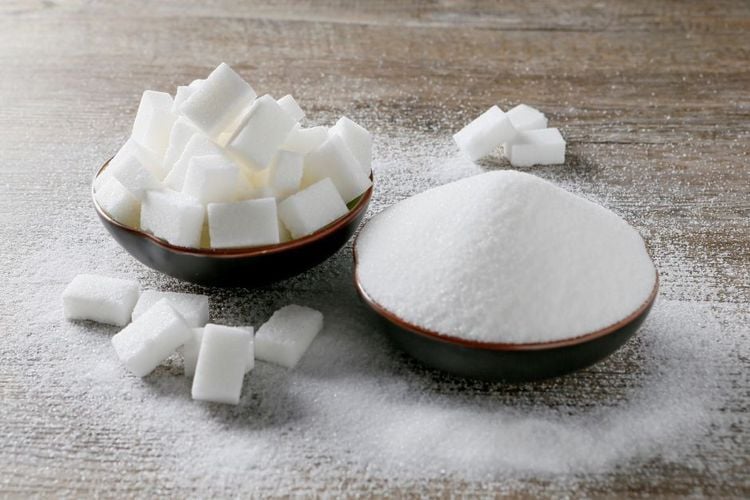
Đường tinh luyện có thể gây nhiều bệnh lý cho cơ thể
For example, unlike the fructose in HFCS, the fructose in fruit comes with fiber and a variety of vitamins, minerals, and other beneficial compounds when absorbed into the body. Fiber slows down the rate at which sugar enters the bloodstream, reducing the likelihood of blood sugar spikes.
Similarly, the lactose in milk is absorbed into the body along with the amount of protein and fat levels available in milk, these two nutrients also help prevent spikes in the glycemic index.
4. Not all natural sugars are good
Although natural sugar is often considered more beneficial than refined sugar, this is not true in all cases. Natural sugars can also be processed and used in ways that eliminate most of the fiber and other nutrients. Smoothies and juices are examples of this recipe.
In its original form, when eating fruits, users need to use their teeth to chew and grind food before digestion. This process slows down the rate of sugar absorption in the fruit and stimulates the consumption of fiber from the pulp. Squeezing fruit juices or smoothies breaks down or removes nearly all of the fiber bonds, as well as eliminating the chewing process before absorption. Therefore, when using fruit juice or smoothie, users often tend to use a larger amount than when eating the whole fruit. The juicing or blending process also removes some of the vitamins and beneficial plant compounds naturally found in the fruit.

Mật ong là một djang đường tự nhiên đem lại nhiều lợi ích cho sức khỏe
Other common forms of natural sugars include honey and maple syrup. They seem to provide more benefits and more nutrients than refined sugars. However, these products are also very low in fiber and high in sugar, so should be consumed in moderation.
5. How to limit the use of refined sugar
Refined sugar is added to many packaged foods. Therefore, checking the nutrition and ingredient list can be a tool to help users identify and reduce the amount of refined sugar in the diet.
A number of names may be used to represent the amount of sugar in a product, the most common being high fructose corn syrup, cane sugar, cane juice, rice syrup, molasses, caramel, and most ingredients end in -ose, like glucose, maltose, or dextrose.
Here are some foods that are often high in refined sugar:
Beverages: soft drinks, sports drinks, caffeinated drinks, energy drinks, and some fruit drinks Quick breakfast foods : granola, breakfast cereals, cereal bars, instant breakfast Sweets and baked goods: chocolate, candy, cakes, pies, ice cream, croissants, some sweet breads Canned: beans canned, canned vegetables and canned fruit Bread spreads: fruit puree, jam, peanut butter Diet foods: low fat yogurt, low fat peanut butter, low fat sauce Sauces: tomato sauce, Salad dressing, pasta sauce Convenience meal: pizza, frozen meal, macaroni and cheese
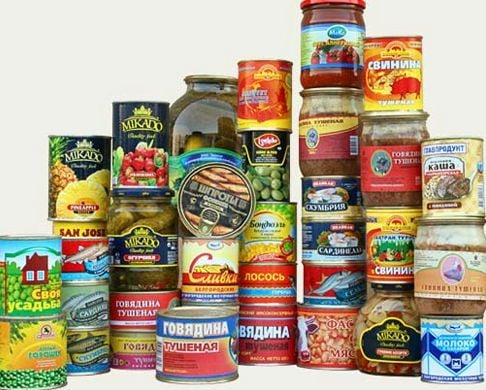
Các loại thực phẩm đóng hộp chứa một lượng đường tinh chế cao
Limiting the use of the products mentioned above can help reduce the amount of sugar in the daily diet. Users can also reduce their consumption of refined sugar by avoiding the use of added sweeteners in the process of eating such as, granulated sugar, brown sugar, rice syrup and coconut sugar.
Customers can directly go to Vinmec Health system nationwide to visit or contact the hotline here for support.
Reference article: healthline.com




